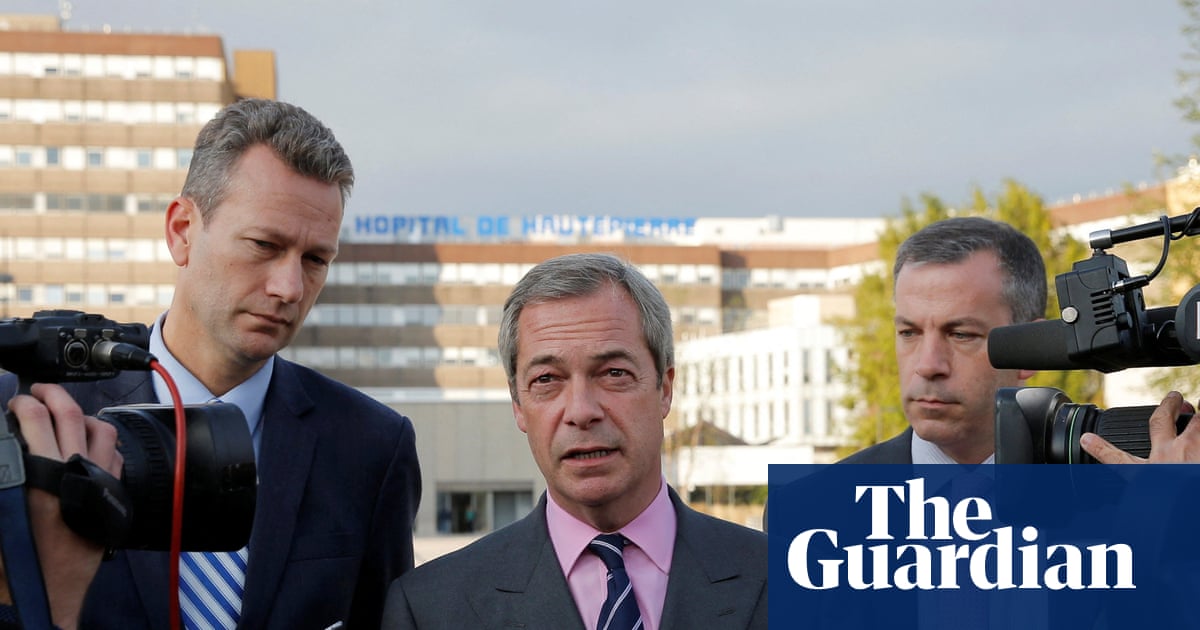
"The discovery of a pro-Russian asset, Nathan Gill, at the heart of a British political party reads like the plot of a John Le Carre novel. Russia was long known to have been trying to interfere in foreign politics with online bots and cyber-disinformation over the past decade. However, the Nathan Gill case is now a concrete example of a pro-Russian agent enlisting and paying a Brexit-friendly party politician to spread the propaganda of Moscow and against Ukraine in Europe."
"In the 1960s, it tended more to be Labour and far-left politicians who were largely the subject of Soviet attempts to plant agents in the west. In modern times, it is no surprise that the parties Gill represented were Ukip, the Brexit party, and briefly Reform UK. When seeking a sympathetic vessel for pro-Russia views, the nationalist, anti-EU and anti-migrant parties of Europe have been obvious targets for Vladimir Putin's Russia which have a shared hostility towards the European bloc."
Russia engaged in prolonged interference in foreign politics using online bots and cyber-disinformation. Nathan Gill acted as a pro-Russian asset who enlisted and paid a Brexit-friendly party politician to promote Moscow's propaganda and oppose Ukraine in Europe. Historically Soviet influence targeted Labour and far-left politicians, while contemporary efforts focused on nationalist, anti-EU, and anti-migrant parties such as Ukip, the Brexit Party, and Reform UK. Some politicians echoed Moscow's narratives without payment, but the court case identified Gill as the only MEP who accepted payments for pro-Russia statements. Nigel Farage expressed admiration for Putin as a political operator and cautioned against antagonising Russia.
Read at www.theguardian.com
Unable to calculate read time
Collection
[
|
...
]